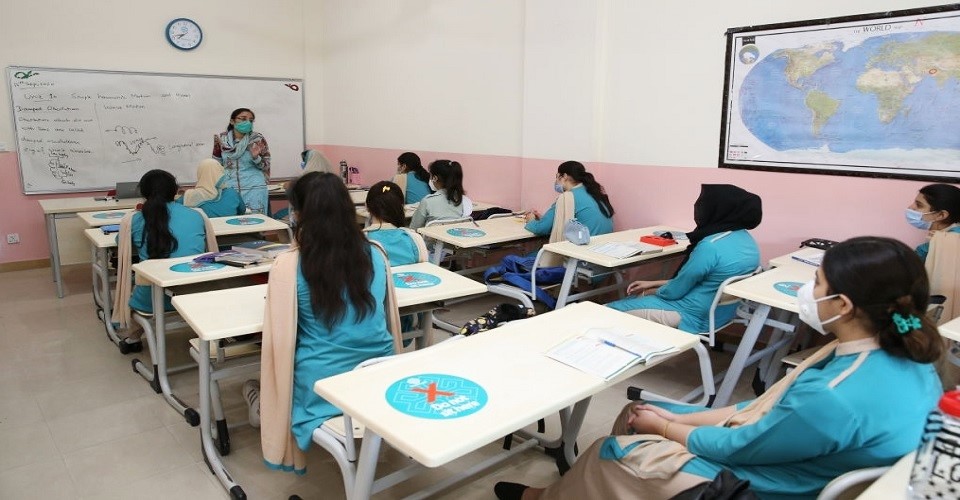Teaching your learners about resilience is an important part of Social and Emotional Learning
13th November 2020
As teacher counsellors of the 21st century, we always want our young learners to have fun, happy childhood with no painful incidents, disappointments or exposure to the bitter truths of life. However, despite our desire to protect them, learning resilience is quite an important trait. And it doesn’t have to be as hard as we might think.
Developing resilience in individuals is an essential part of their social and emotional growth – essential for success in life. While nobody’s perfect and everyone will make mistakes, it’s very helpful to establish our own emotional resilience if we want our learners to learn it. Children will copy how their parents and teachers react to stress and hardships. So, how can teachers help the students build resilience?
Create Close Relationships
The ability to stand against difficulty is strengthened when people have others to fall back on. Children knowing that they have someone to talk with about their struggles is very important. Close relationships with teachers, parents and other trust-worthy adults encourage the children to share their thoughts and feelings.
Create a Sense of Safety
Besides having someone that they could open up to about their feelings, children also need to know they have a safe haven that will protect them from the outside world. Having a place to retreat to that feels safe and comforting, where they know they are loved and accepted, is important to make the young learners feels confident about themselves. Therefore, creating a warm classroom atmosphere will be a great step towards making your students feel calm and comfortable.
Limit Exposure
When the world is struggling with many unsettling issues, it’s easy for the kids to get overwhelmed. While on one hand, it’s important for the kids to have some understanding of current events, at the same time it is also important to limit the news they receive and how long they view it.
When they watch or hear news on current affairs, take time to discuss it with them as well as also ask them about their views and thoughts. Model hope and courage for them.
Practice
The concept of resilience has to do more with persistence and adapting in the face of challenges than anything else. One way teachers can help children learn this skill is to help them set goals to work toward. Motivate them to successfully complete their tasks in the class and raise their grades for consistently doing homework.
Help them as much as possible in laying out the steps required for these goals and motivate them along the way to help them moving forward.
Teach Self-Care
Basic elements of good self-care can help everyone to handle stress. Teach your students to get adequate sleep, eating a nutritious diet, exercising, and learning to be aware of one’s emotions and reactions to different situations. Include the parents too to help their children carry out these functions successfully.
As you take steps like these to help and encourage your students with their daily work and self-development, you’ll be helping your students build the grit they will need to take on life’s challenges with strength and determination. If as a teacher-counsellor, you have completed a certificate course in counselling for teachers, then you will be able to help prepare your students better to develop into well-rounded individuals.
Written By : Anindita Das